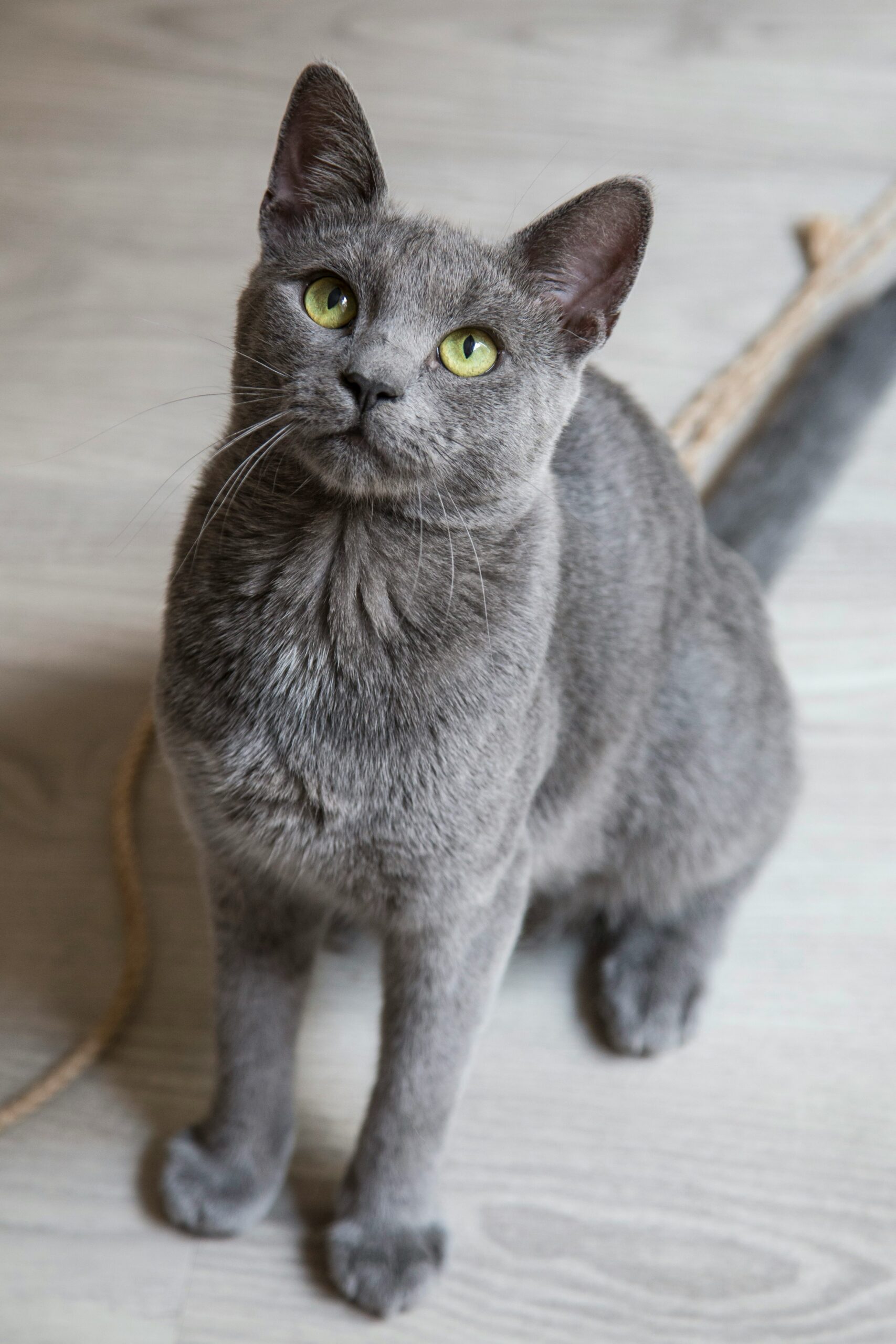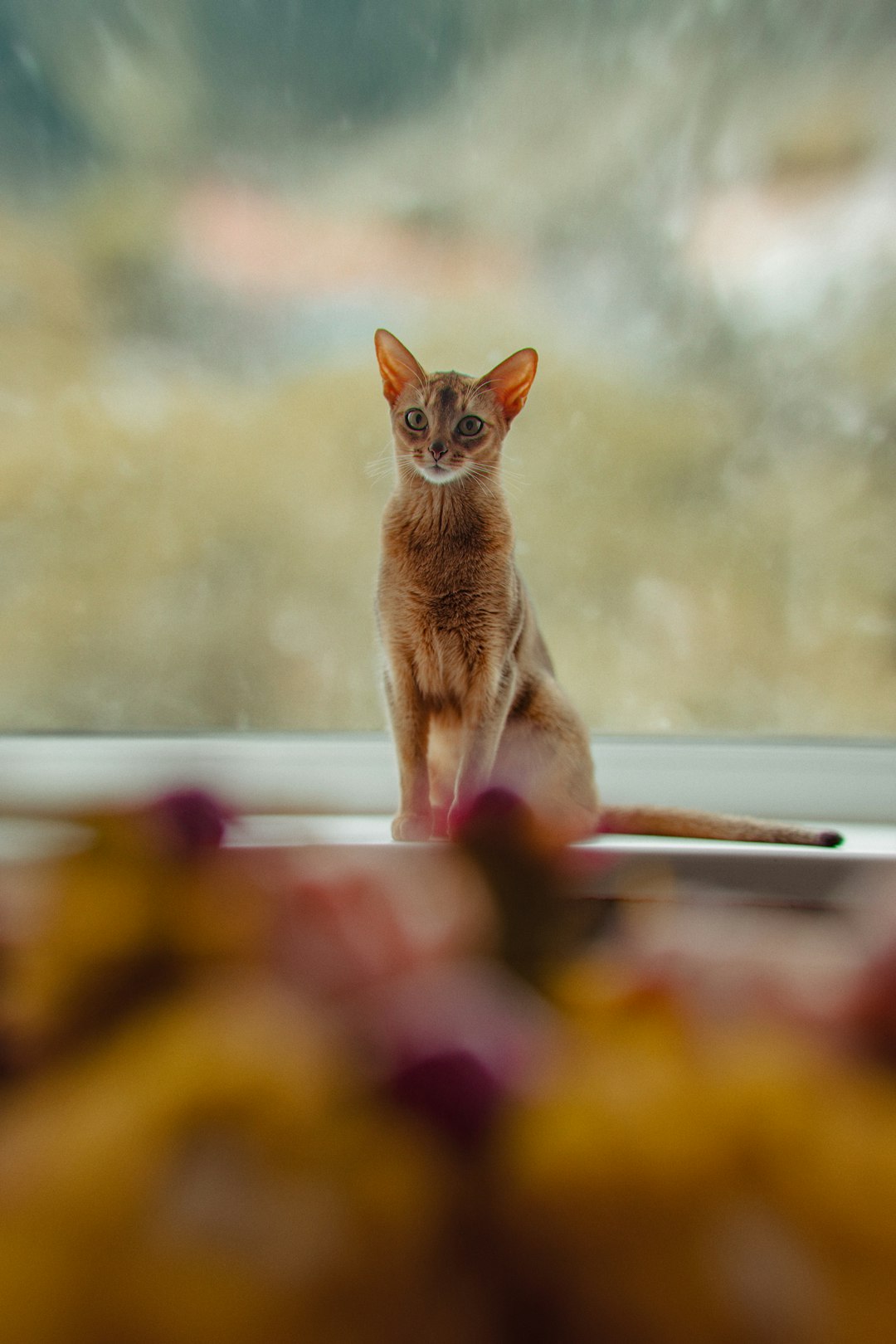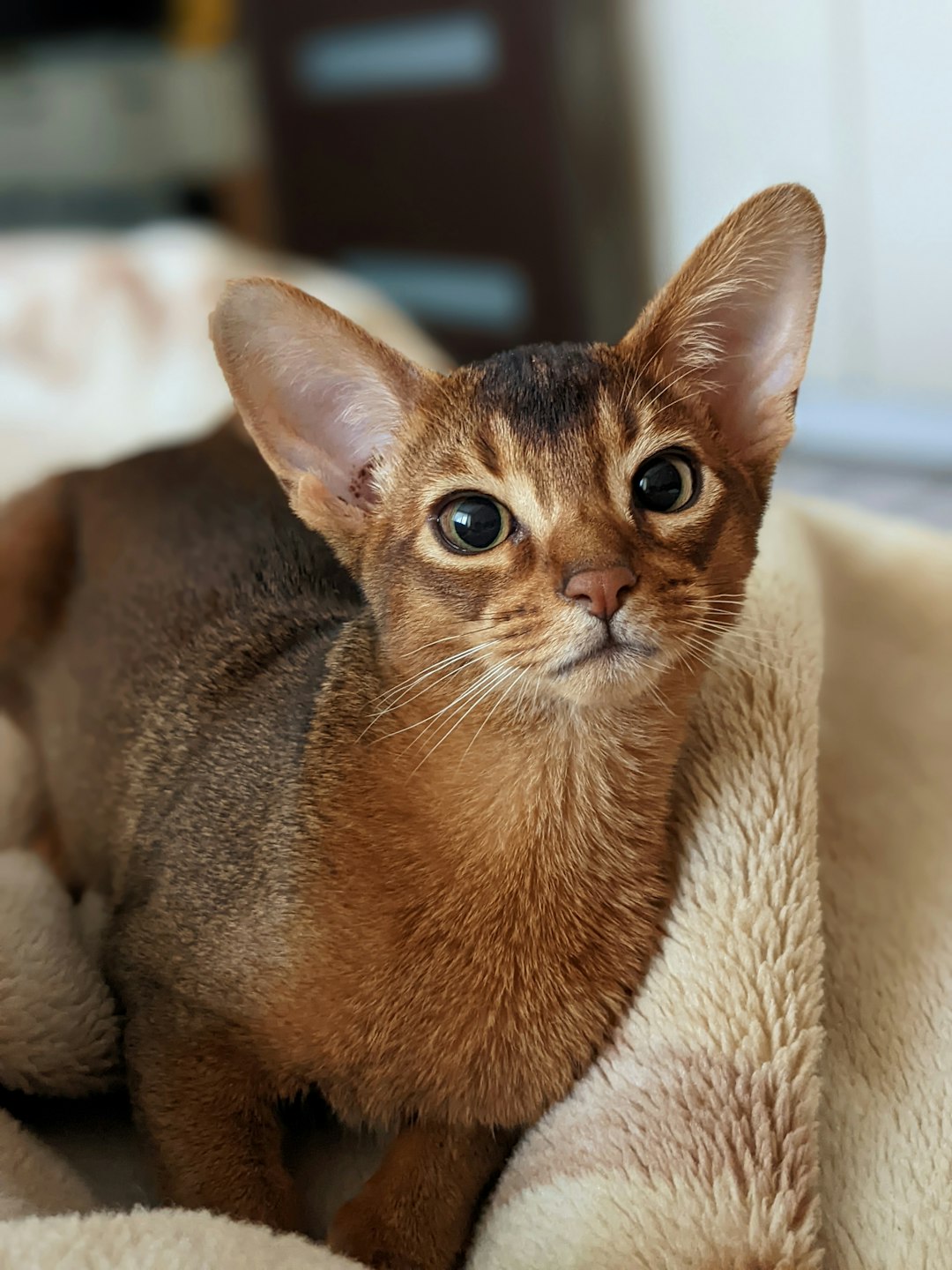Understanding the Bengal cat price involves delving into various influencing factors that can significantly affect the overall cost. From breeder reputation to regional price variations, potential owners should be aware of what to expect when considering adding a Bengal cat to their lives. Moreover, caring for these unique felines entails additional expenses beyond the initial purchase price. By gaining insights into the Bengal cat market, prospective owners can make informed decisions and effectively budget for their new companion.
Factors Influencing Bengal Cat Prices
When considering the bengal cat price, several key factors significantly influence the final cost. Understanding these elements can help prospective owners budget more effectively. Here are the main factors to keep in mind:
- Breeder Quality: Reputable breeders prioritize health, genetics, and socialization, often leading to higher prices.
- Pedigree: Cats from champion bloodlines tend to command higher prices due to their lineage and potential for show.
- Coat Patterns and Color: Unique patterns (such as rosettes or marbled coats) and rare colors can increase a cat’s price.
- Geographic Location: Prices vary by region; urban areas often see higher costs compared to rural locales.
- Age of the Cat: Kittens typically incur a higher bengal cat price than adults, as many choose the excitement of raising a young cat.
To summarize, the bengal cat price encompasses various factors, including breeder reputation, pedigree, coat variations, location, and the cat’s age. Understanding these factors enables better financial planning for potential cat owners.
Average Cost of Bengal Cats
When considering the bengal cat price, potential owners should be aware of the general cost range. On average, you can expect to pay between $1,000 and $4,000 for a Bengal cat. However, several factors can cause this price to fluctuate:
- Quality of the Breeder: Renowned breeders often charge more due to their reputation and the quality of their cats.
- Genetics: Bengals with a strong lineage or unique coat patterns may come at a premium.
- Age and Size: Kittens tend to be more expensive than adult cats, while larger cats, particularly males, may also have higher prices.
Price Comparison Table
| Cat Type | Average Price Range |
|---|---|
| Standard Bengal Kittens | $1,000 – $2,500 |
| High-Quality Bengals | $2,500 – $4,000 |
| Adults | $800 – $2,000 |
By understanding the bengal cat price, you can make a more informed decision when selecting a new feline companion. Keep these factors in mind as you navigate through the market, ensuring you find both a cat and a breeder that fit your expectations and budget.
Differences in Price Based on Breeder Reputation
When you consider the bengal cat price, breeder reputation plays a pivotal role in determining costs. Reputable breeders often charge more due to their commitment to producing healthy, well-socialized kittens. Here’s a breakdown of how breeder reputation can influence prices:
Renowned Breeders:
- Charge between $2,000 to $4,000 or more.
- Typically offer health guarantees and quality assurance.
Less Experienced Breeders:
- Prices range from $1,000 to $2,000.
- May lack health testing and proper documentation.
Backyard Breeders or Pet Shops:
- Prices can dip below $1,000.
- Often result in potential health issues due to minimal oversight.
Key Considerations:
- Health Testing: Established breeders perform genetic testing, which impacts the bengal cat price.
- Certification: Look for breeders accredited by recognized cat associations, as their kittens usually command higher prices but offer more assurance.
In essence, investing in a reputable breeder may lead to a higher initial cost, but it can save you from costly veterinary bills in the long run.
Price Variations by Region
When considering the bengal cat price, it’s essential to recognize that geographic location plays a significant role in cost variations. Here are some key factors influencing these regional differences:
- Demand and Supply: Areas with higher demand for Bengal cats typically have increased prices.
- Breeder Costs: Local breeding practices and regulations can affect overall pricing.
- Shipping Costs: If you’re importing a cat from a different region, don’t forget to factor in shipping expenses.
Price Comparison by Region
| Region | Average Bengal Cat Price |
|---|---|
| East Coast | $1,500 – $3,000 |
| West Coast | $1,200 – $2,800 |
| Midwest | $1,000 – $2,500 |
| Southern States | $900 – $2,200 |
In summary, the bengal cat price can vary greatly, influenced by regional market dynamics. It’s wise to conduct thorough research to understand the specific costs in your area and budget accordingly!
Cost of Bengal Cat Maintenance
Owning a Bengal cat involves more than just the initial purchase price; maintenance costs can add up quickly. Here are some key expenses to consider when budgeting for your new feline friend:
- Food: High-quality cat food is essential for Bengal cats, costing between $30 to $80 per month.
- Healthcare: Routine vet visits, vaccinations, and emergency care can total around $200 to $600 annually.
- Grooming: Although Bengal cats have low grooming needs, occasional baths and nail trims can cost about $50 to $150 per year if done professionally.
- Supplies: Litter, toys, and scratching posts generally add an extra $100 to $200 annually.
| Expense Type | Estimated Cost (Yearly) |
|---|---|
| Food | $360 – $960 |
| Healthcare | $200 – $600 |
| Grooming | $50 – $150 |
| Other Supplies | $100 – $200 |
| Total | $710 – $1910 |
Ultimately, understanding these ongoing costs is crucial for anyone considering a Bengal cat. Remember, while the initial bengal cat price might catch your attention, the long-term care is just as important!
Additional Expenses for Bengal Cat Ownership
When considering the bengal cat price, it’s crucial to factor in ongoing expenses beyond the initial purchase. These costs can significantly impact your budget. Here’s what to keep in mind:
- Food: High-quality cat food can range from $30 to $100 monthly.
- Routine Veterinary Care: Annual check-ups and vaccinations typically cost between $100 to $300.
- Parasite Control: Regular flea and tick prevention generally adds another $100 annually.
- Grooming: You may spend around $50 to $150 on grooming supplies or services.
- Litter and Supplies: Expect to budget $15 to $30 per month for litter and other essentials.
Summary of Additional Expenses
| Expense Type | Estimated Monthly Cost |
|---|---|
| Food | $30 – $100 |
| Veterinary Care | $100 – $300 (yearly) |
| Parasite Control | $100 (yearly) |
| Grooming | $50 – $150 (as needed) |
| Litter and Supplies | $15 – $30 |
In conclusion, while the initial bengal cat price is substantial, ongoing expenses play a critical role in responsible pet ownership. Be sure to plan accordingly!
Choosing Between Purebred and Hybrid Bengal Cats
When considering adopting a Bengal cat, choosing between purebred and hybrid options plays a crucial role in determining the bengal cat price. Here’s a breakdown of the key differences:
Purebred Bengal Cats
- Origin: Bred specifically for their distinct markings and temperament.
- Price Range: Typically costs between $1,000 – $3,000.
- Quality: Often have predictable traits in behavior, appearance, and health due to consistent lineage.
Hybrid Bengal Cats
- Origin: Result from breeding Bengal cats with other domestic breeds.
- Price Range: Generally more affordable, around $800 – $2,500.
- Quality: May exhibit a more varied appearance and temperament due to mixed genetics.
Price Comparison Table
| Type | Price Range | Traits |
|---|---|---|
| Purebred | $1,000 – $3,000 | Predictable phenotype and temperament |
| Hybrid | $800 – $2,500 | Varied traits; affordability |
Ultimately, your decision should consider both your budget and the characteristics you desire in a cat. Whether you opt for a purebred or hybrid Bengal, the bengal cat price reflects the unique qualities each type offers.
The Impact of Pedigree on Pricing
Understanding the bengal cat price involves considering the pedigree of the cat. A pedigree signifies the lineage and ancestry of the cat, which plays a crucial role in pricing:
Champion Bloodlines: Cats from champion lines can command higher prices, often ranging from $2,500 to $5,000. Their rarity and quality often appeal to serious breeders and enthusiasts.
Standard Lines: Standard Bengal cats, which may not have noted lineage, typically cost between $1,500 and $2,500. While they might not come from champion backgrounds, they still possess the iconic Bengal traits.
Pet Quality vs. Show Quality: Pet quality Bengals usually come at a lower price point. While they may have some minor flaws in conformation or markings, they can still range from $1,000 to $1,500.
When considering the bengal cat price, always evaluate the pedigree level. A well-documented lineage not only reflects on the price but may indicate better health and temperament traits, providing more value for prospective buyers.
Understanding the Bengal Cat Market
Navigating the Bengal cat market requires an awareness of several key factors that shape bengal cat price. Here are some elements to consider:
Supply and Demand: The popularity of Bengal cats can drive prices up. A high demand paired with limited available kittens boosts the bengal cat price significantly.
Breeder Quality: Reputable breeders often charge more due to ethical breeding practices, health screening, and proper care. Hence, selecting a trustworthy breeder can affect the overall expenses.
Location Variations: Prices can fluctuate based on geographical regions. For example:
Region Average Bengal Cat Price East Coast $1,500 – $3,000 Midwest $1,200 – $2,500 West Coast $2,000 – $4,000 Market Trends: Current trends also influence pricing. Specialty colors or markings may command higher prices within the Bengal cat market.
By understanding these dynamics, potential owners can make informed decisions that fit their budget while finding the right Bengal cat for their family.
Tips for Budgeting for a Bengal Cat
When considering the bengal cat price, budgeting is crucial. Here are some useful tips to help you manage your finances effectively:
Research Costs: Understand the average bengal cat price in your area. Prices can range significantly based on breeder reputation and location.
Set a Budget: Allocate a complete budget not just for the initial purchase but also for ongoing costs like food, vet visits, and grooming.
Emergency Fund: Always prepare for unexpected healthcare costs. Setting aside a small emergency fund can ease financial stress.
Monthly Expenses: List expected monthly expenses, such as:
- Food: High-quality cat food can range from $30 to $50.
- Vet Care: Regular check-ups and vaccinations may cost around $200 annually.
- Supplies: Litter, toys, and scratching posts can add up to $20-$30 monthly.
Long-term Commitment: Remember, the lifespan of a Bengal cat averages 12-16 years. Factor in potential price increases over time.
By budgeting wisely, you can enjoy the companionship of a Bengal cat without financial strain.



